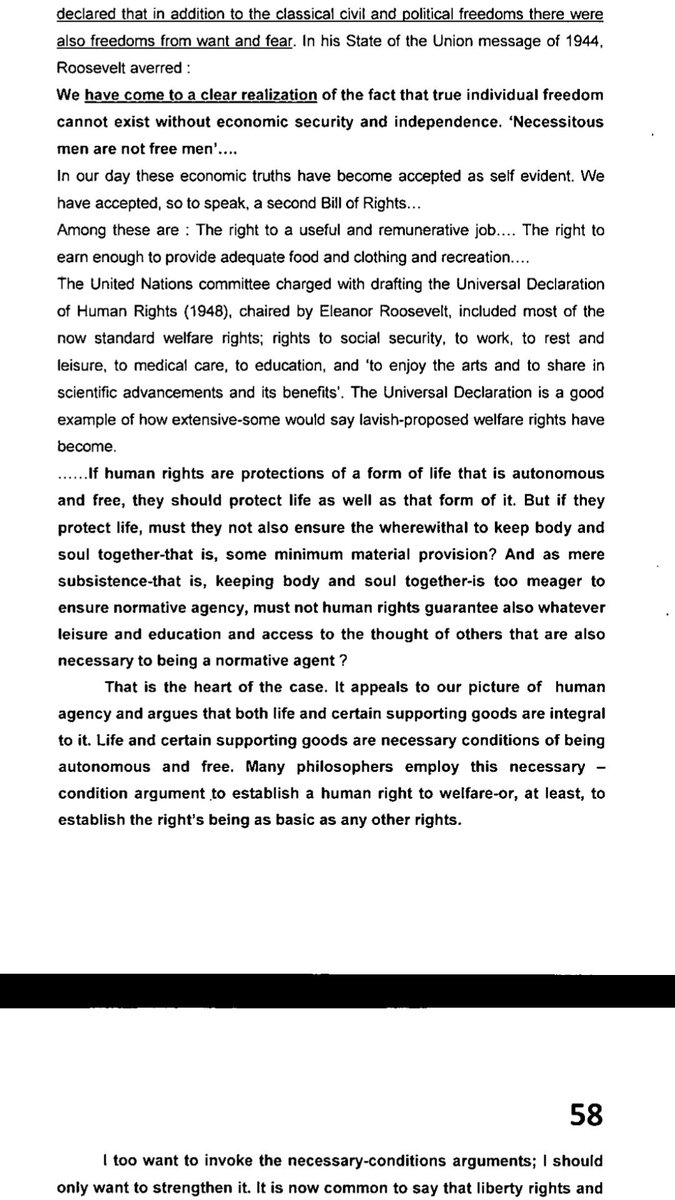Dwivedi comes to the issue of metadata.
RD says that in US v Westinghouse, the SC of the US said that the standard is one of "adequate safeguards", and that +
RD says that petitioners have cited US v Jones, which was about a GPS device. Aadhaar does not have a GPS. Some Wi-Fi may be used at the time of sending the information to the CIDR, but not otherwise.
RD says that it doesn't have to be enforced.
Read it here: indiankanoon.org/doc/184104065/
en.m.wikipedia.org/wiki/NASA_v._N…
Chandrachud J says that one area that requires consideration is remedies for breaches.
RD says that the IT Act provides for penalties, and penalties have been imposed on Airtel etc
eugdpr.org
RD says that there are exceptions and state laws can provide for them, with appropriate safeguards.
Chandrachud J says that that is subject to the test of proportionality. RD says that he is not disputing that.
Chandrachud J humorously asks whether they are planning to seed it with Aadhaar.
RD repeats his earlier point that the EU has opted for smart cards, India for a different architecture, and if Aadhaar succeeds +
Chandrachud J asks: is it necessary to retain metadata? Why do you have to retain it.
RD says that it's important to exercise control over the RE.
Sikri J says, so you're not collecting metadata about the person but only about the machine. RD says yes.
Chandrachud J tells RD that your argument might be supported By Regulation 26 proviso, which bars storing the purpose of a transaction.
RD agrees. He says that in any case the Aadhaar Act bars storing of purpose.
To continue tomorrow.


